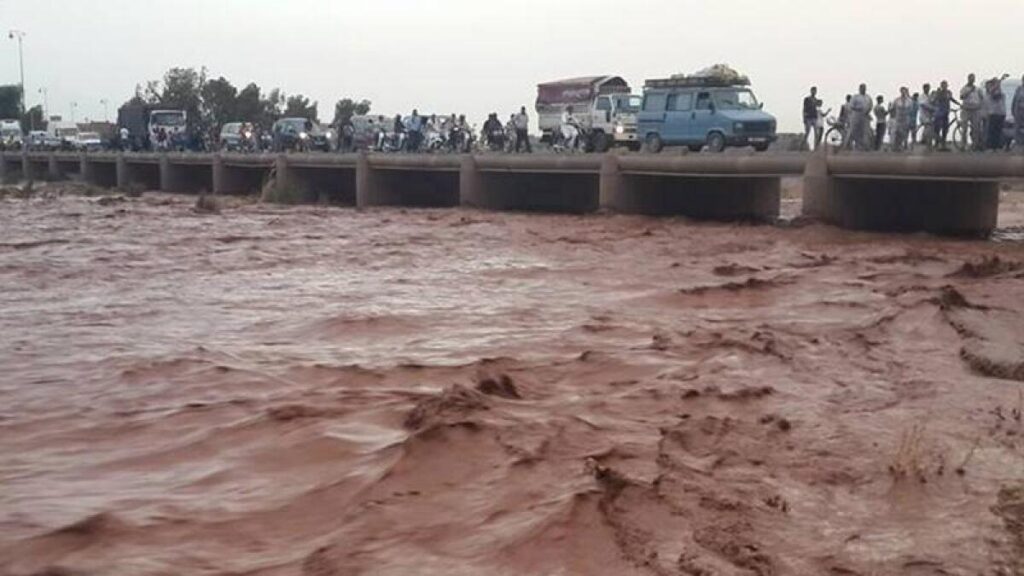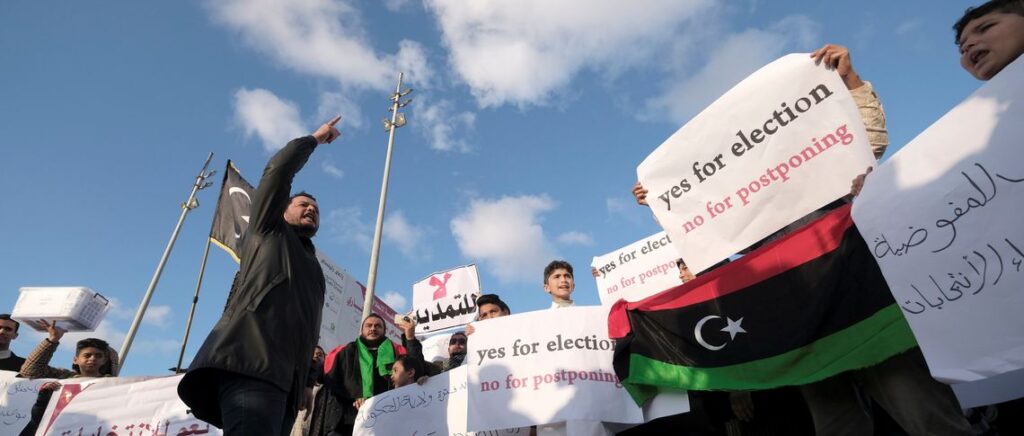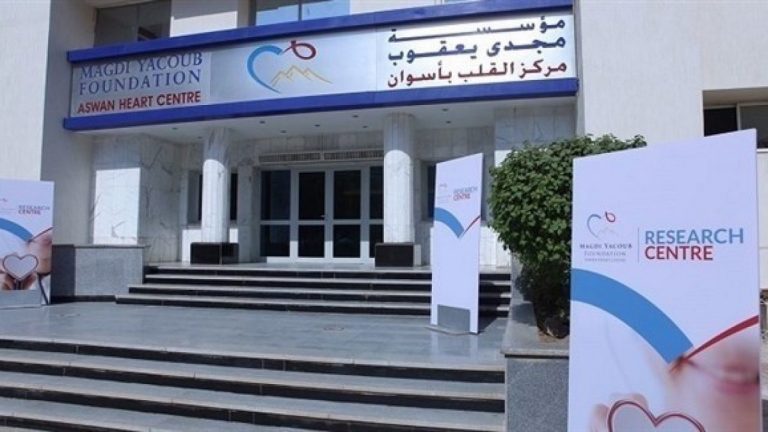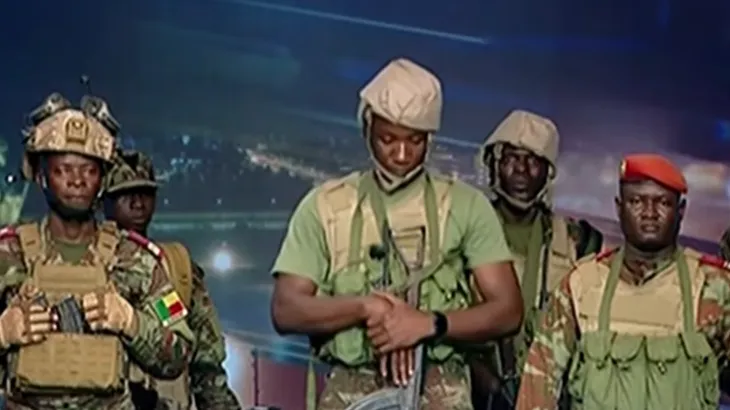
The Rwanda-backed M23 rebels in eastern Democratic Republic of Congo have long pushed for direct negotiations with Kinshasa. But with a string of battlefield victories, they are now in a position to dictate terms—walking away from talks just as the Congolese government finally agreed to them.
On Sunday, after M23 seized control of eastern Congo’s two largest cities, President Félix Tshisekedi’s administration conceded to negotiations in Angola. Yet by Monday, the rebels had backed out.
Their broader coalition, the Congo River Alliance (AFC), cited fresh European Union sanctions against M23 leaders and Rwandan officials as a key obstacle, calling the talks “impracticable.”
However, analysts suggest the rebels are using sanctions as cover to avoid negotiations without securing major concessions. “M23/AFC is leveraging the EU sanctions to withdraw, but the real issue is their unwillingness to enter talks without guarantees of substantial political gains,” said Tresor Kibangula of Congo’s Ebuteli research institute.
A Fragile Ceasefire Bid
Despite the breakdown, Tshisekedi and Rwandan President Paul Kagame held an unexpected meeting on Tuesday—their first since M23 ramped up its offensive in January. Mediated by Qatar, the talks resulted in a mutual call for a ceasefire, but it remains unclear whether this will translate into action on the ground.
M23, which claims to be fighting against discrimination targeting ethnic Tutsis in Congo, has refused to disarm. Kinshasa, meanwhile, insists the group is a terrorist organization that must surrender.
“Why would M23 stop when they have the upper hand militarily?” said Jason Stearns, a political scientist at Simon Fraser University specializing in Africa’s Great Lakes region. “With stronger-than-expected sanctions on Rwanda, the rebels likely felt this wasn’t the right time for talks.”
Rwanda denies supporting M23, arguing its military presence in eastern Congo is in self-defense against hostile Congolese forces and militias.
Competing Peace Processes Undermine Negotiations
Attempts to broker peace have been further complicated by overlapping diplomatic initiatives, including new Qatar-led talks. Mistrust runs deep on all sides.
Angola has been mediating between Congo and Rwanda since 2022 under African Union-backed efforts, but negotiations collapsed in December over Kinshasa’s opposition to engaging directly with M23. In February, East and Southern African countries attempted to consolidate the various peace processes, yet Angola warned this could inadvertently allow M23 to expand its territorial control.
Last week, Angolan President João Lourenço surprised observers by announcing direct talks between Congo and M23. The rebels initially agreed but soon grew skeptical.
Three M23 sources said logistical issues raised doubts about Angola’s role. Two claimed an Angolan plane meant to transport rebel negotiators to the talks was denied landing in Uganda due to miscommunication with authorities, fueling suspicions that Luanda was attempting to sabotage the process.
Angola has not commented on the claims.
Meanwhile, the East African Community and the Southern African Development Community met on Monday, agreeing to a 30-day roadmap aimed at securing a ceasefire.
Yet mistrust persists. A senior African diplomat, speaking anonymously, noted that Congo remains as wary of regional peace efforts as M23 is of Angola’s mediation.
“The distrust is mutual,” the diplomat said. “We need to align our efforts rather than multiply competing initiatives.”




